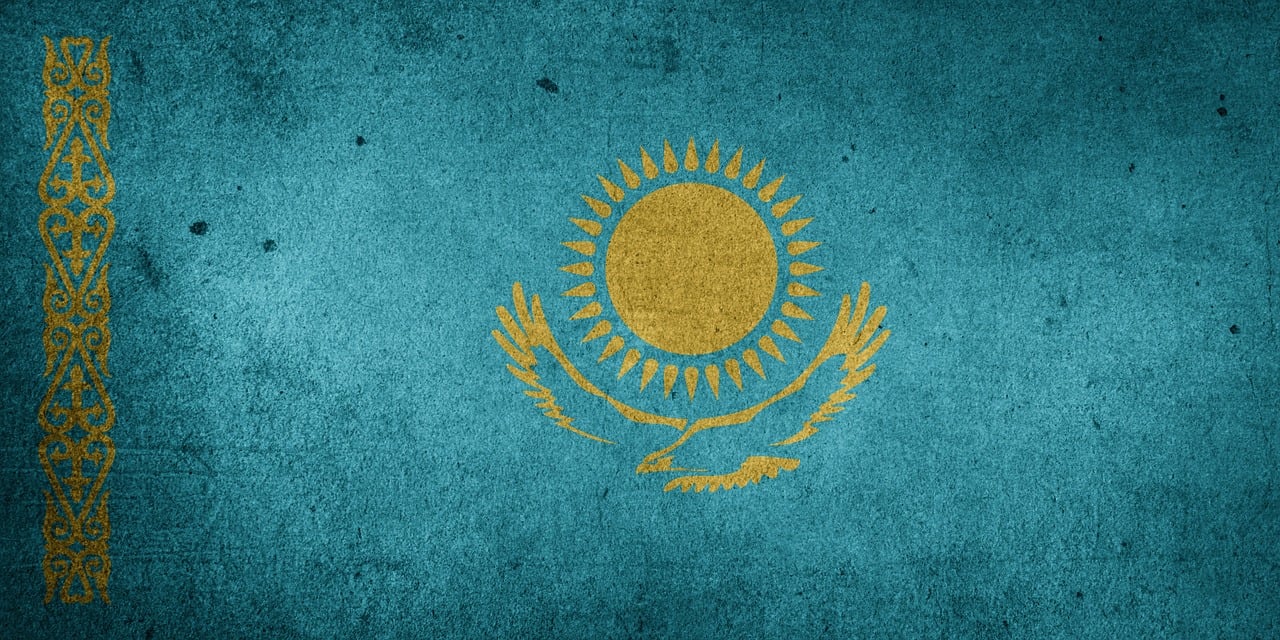Kazakhstan wants to supply more oil bypassing Russia: what does this mean for Russians?
31 July 10:53
President of Kazakhstan Kassym-Jomart Tokayev and Turkish leader Recep Tayyip Erdogan are considering increasing Kazakh oil supplies through the Baku-Tbilisi-Ceyhan (BTC) pipeline. This was stated by the press service of the head of Kazakhstan, "Komersant Ukrainian" reports citing Reuters.
“The delegations discussed issues of cooperation in the energy sector, in particular the prospects for increasing exports through the Baku-Tbilisi-Ceyhan oil pipeline,”
– the report says, but no further details are given.
According to the state statistics of Kazakhstan, in the first half of 2025, the country increased oil exports through BTC by 12% compared to the same period last year – up to 785 thousand tons (34 thousand barrels per day).
Читайте нас у Telegram: головні новини коротко
Oil exports from Kazakhstan to Azerbaijan
Oil is delivered to Baku by tankers across the Caspian Sea from the port of Aktau, which will need to be modernized to increase exports. In addition, oil exports via BTC are limited by the quality requirements for Kazakh crude oil to connect to the pipeline.
In its development plan until 2029, Kazakhstan considered the possibility of building a trans-Caspian oil pipeline and marine terminals on the Kazakh and Azerbaijani coasts of the Caspian Sea.
Kazakhstan, whose main source of revenue is oil exports, is the world’s largest landlocked country. The two main routes for exporting its oil to international markets are through Russia to its Black Sea and Baltic ports.
According to state statistics, Kazakh oil exports bypassing Russian ports accounted for only 5.9% of the total exported volume of 32.6 million tons in the first half of 2025, and this share remained unchanged from 2024.
But in 2022, President Tokayev called for increased oil exports to bypass Russia. Following this, Kazmunaigas and Azerbaijan’s state oil company SOCAR signed an agreement to transport 1.5 million tons of oil per year from the Tengiz field to BTC.
Challenges for the Russian economy
Russia annually receives tens of millions of dollars for transporting Kazakh oil through its territory. One of the main routes is the TON-2 pipeline, through which oil goes to China. For the transit of about 10 million tons of oil per year, Kazakhstan pays Russia about $2.1 per ton, which brings Moscow more than $20 million annually.
Another direction is the transportation of Kazakh oil to Germany through the Druzhba pipeline: with the planned 1.2 million tons and a tariff of $29 per ton, Russia can receive about $35 million a year. Kazakhstan can find an alternative to this route in the form of supplies to the EU via Azerbaijan.
In total, Russia’s guaranteed revenues from the transportation of Kazakh oil exceed $55 million annually. In addition, Russia receives additional revenues through its share in the Caspian Pipeline Consortium (CPC), which transports the lion’s share of Kazakh oil to the port of Novorossiysk. Although these payments are not formalized as transit, Russia’s Transneft owns 24% of the consortium and earns money from servicing the Russian part of the system. With this in mind, Russia’s total revenues could reach $70-90 million a year or more, depending on pumping volumes and market conditions.
Therefore, an increase in Kazakh exports through alternative routes could have a significant impact on Russian economic interests. Diversification of Kazakhstan’s export routes reduces dependence on the Russian transportation system. The successful implementation of Kazakhstan’s plans for alternative routes could also serve as an example for other countries in the region that are also considering ways to reduce their energy dependence on Russia. This could lead to a further weakening of Russia’s position as a key energy hub in Central Asia.
Читайте нас у Telegram: головні новини коротко









